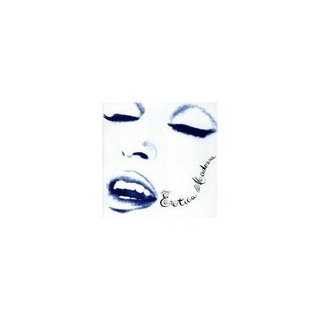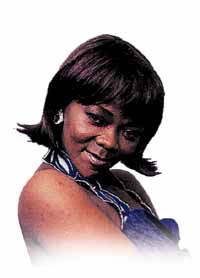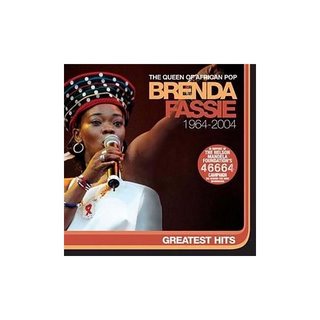
Our beloved [sic] prime minister looks very young in this picture, and it makes me realise that Tony Blair has been in charge of the UK for a bloody long time...
I stopped abruptly at 1997 in the last post; at work, hungry (it was 8pm after all), and I wanted to go home. So I didn't carry on talking about the end of the 1990s.
It's always more difficult, I think, to consider what's happening now, and the effects of the recent past. In nine years, however, things have changed dramatically. Indeed, change seems to have speeded up. It's not just ageing that's doing that I think - it's how things actually are.
1997 was a very significant year for people in the UK - that majority of readers who aren't, don't look away, please! Two things happened. After 18 years of right-wing government, the Labour party got in. Of course, nine years later right and left parties in Britain have both moved closer to the centre until they've pretty well collided, and many of the changes they have instituted (plus the war, of course) have been nothing short of disastrous, but that's not how it felt at the time. It really did seem like the dawn of a new age.
For queer people in general, there have been many good things to come out of the Labour government: equalisation of the age of consent for gay men and everyone else; repeal of the hated Section 28 part of the local government act - which essentially stopped school teachers from talking to their students about homosexuality in case it was perceived as "promoting" it; civil partnership laws - which, although they aren't officially called "marriages" mean that lesbian and gay couples have more or less similar ways of legalising their relationships than do straight couples. This liberalisation is similar to that experienced in many European countries, South Africa and Canada - where you can get properly married.
That's all great. But while it's more or less acceptable in most circles - even the Tories - to be a respectable, nearly-as-good-as-a-heterosexual gay, I'm not sure that, for instance, gay men who go cruising are accorded the same degree of respect. And there's still a constant rumbling of homophobia under the surface.
The other thing that happened in 1997 was the death of Princess Diana. The subsequent hoop-la about her death was one of the most extraordinary things I have ever experienced. It made me feel as if I had been transported to some parallel medieval universe, where beautiful dead princesses had been given magical powers to heal the sick and make previously sane people weep hysterically about the effect she had on them.
The "Diana effect" apparently killed off Britain's collective "stiff upper lip" for good. And perhaps that made people talk about their feelings - including their bisexual ones - a lot more.
Internet, internetWhen, in 2000, I wrote an article about bisexuals and swinging in the UK for the Journal of Bisexuality, my explorations on the internet came to nothing much. People contacted each other through the secondhand sales magazine Loot, and contacts magazine Desire. Now, anyone and everyone who wants to meet a partner, whether for swinging, marriage, or table tennis, can find them through the internet - whether they live in Birmingham, England, Birmingham, Alabama or Hong Kong, Sicily, the Cook Islands, or Korea.
For people who have grown up after the internet was already widespread, it's hard to overstress the difference it has made. I got my first email address in 1998 - I had to go to an internet cafe to access it - and was staggered to receive a mail back the same day. Previously, correspondence between the UK and US would take at least five days - something that seems actively prehistoric now.
These days, like most other people of most ages and in many parts of the world apart from the poorest, I get friends, information, community, news, music, humour and intellectual stimulation from the internet. I am in more and easier contact with my real-world friends and keep up with a wider variety of people. I am back in contact with people I knew at school. I can discuss things with people on the other side of the world and think nothing of it. A woman I don't know can tell me about a new sub-set of sexual identity (see comment on post below) and I can find out about it within minutes. How is that anything other than fantastic?
But the internet has had one unpredicted effect: the decline in real-life community and political activity. If I can find a bisexual community on the web, why do I need to make a massive effort to travel miles and, very nervously, go to meet people I don't know in a pub? If I can MSN someone about my confusion about my sexual identity, why should I ring a phone line? If I can blog about it, and people send me plaudits, where's the problem?
Well, I'm not sure. But I do know that, for instance, the London bisexual women's group of which I was a founder member, and which was flourishing throughout the 1990s, seems to have ground to a halt. After all, if you can go to gaydargirl and get as many sexual partners that you want, what's the problem?
Well, friends and community are as important - perhaps more than - as lovers. And a virtual community cannot take the place of one that is flesh and blood. You
can find community on the net, and meet people from that community in the real world, but if many members of that community are on a different continent... Oh, I don't know. What do you think?






